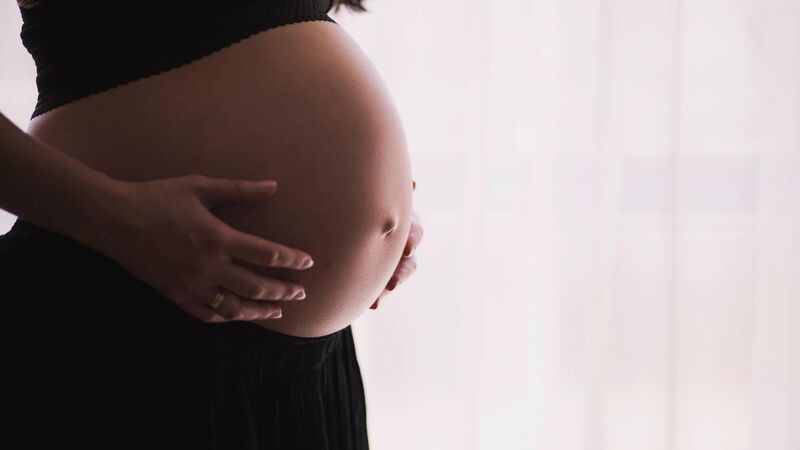Potential for 'massive oversight' of women’s reproductive rights in Covid-19 vaccine rollout plans

Pregnant and lactating healthcare, frontline, and educational workers will likely be recommended not to take the vaccine. File Picture: Pexels
Pregnant healthcare, education, and frontline services workers may be excluded from Government Covid-19 vaccine rollout plans due to the lack of safety trials on the vaccines’ impacts on pregnancy, fertility, and lactation.
Care-home staff and frontline healthcare workers are amongst the first due for the jab when it arrives on Irish shores, according to a provisional Vaccine Allocation Strategy approved by Nphet and signed off on by Cabinet on Tuesday.









